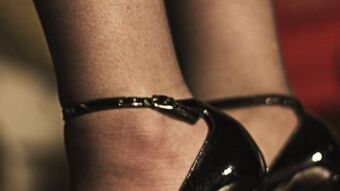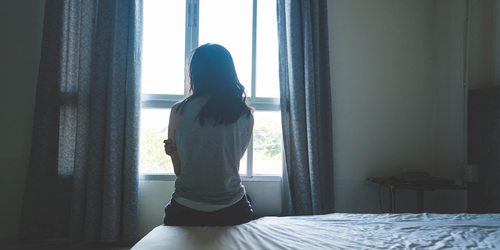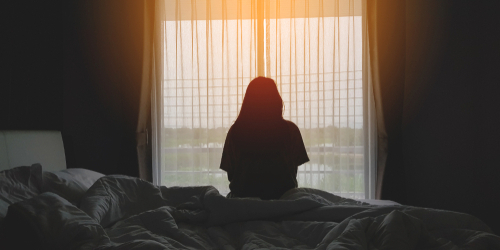Significant step in reducing forced prostitution
Commercial Sexual Exploitation
CARE welcomes significant step to reduce forced prostitution.
CARE welcomes the fact that, from today, it will be an offence to pay for sex with someone who has been forced into prostitution. On 1st April Section 14 of the Policing and Crime Act 2009 comes into force. CARE has been campaigning for this change in the law for the past four years.
Section 14 aims to protect vulnerable and exploited people by shifting the focus of the law onto those who create the demand for forced prostitution. The clause makes it an offence to pay for sex with someone who is subjected to force. The definition of ‘force’ within this context includes coercion by threats and other psychological means, including exploitation of a person’s vulnerability. The law is a strict liability offence, meaning that the police do not have to prove that the person buying the services had knowledge of the exploitation.
Close to 70 grassroots projects, human rights organisations, faith groups and women’s charities have signed a joint statement in support of the new law.
Rachel Davies, Prostitution and Trafficking Policy Officer for CARE, says “Section 14 is vital in reducing exploitation within the sex industry. I trust there will be an eventual reduction in trafficking and coercion as a result of this law”.
In addition, CARE welcomes sections 17 and 18 of the Act which also change the law, taking a more compassionate, human rights approach towards people who are in street prostitution.
Further information
1. Sections 17 and 18 give courts the option of offering sessions with a counsellor rather than fines or imprisonment. This change is a significant step towards recognising the vulnerability of the majority of those caught in prostitution.2. Finland has already passed a similar law but without the strict liability element.
3. The Finnish Parliament voted in June 2006 to pass legislation that criminalises the buying of a sexual service from a victim of human trafficking or from someone who is a victim of procurement. In order to successfully prosecute a buyer of a sexual service, evidence has to be provided that the person in questions knew that he purchased (and sexually exploited) a woman who is a victim of trafficking in human beings, or who is under the control of a pimp. As of June 2009, only two cases had resulted in convictions since the law was passed three years earlier.
4. CARE work closely with Beyond the Streets which exists to unite, equip and empower groups working with people involved in prostitution to offer freedom and change. Beyond the Streets has over 45 affiliated projects who work with around 4,000 people caught up in prostitution throughout the UK. www.beyondthestreets.org.uk
5. CARE is a well-established mainstream Christian charity providing resources and helping to bring Christian insight and experience to matters of public policy and practical caring initiatives. CARE is represented in the UK Parliaments and Assemblies, at the EU in Brussels and the UN in Geneva and New York.



Share story
Significant step in reducing forced prostitution